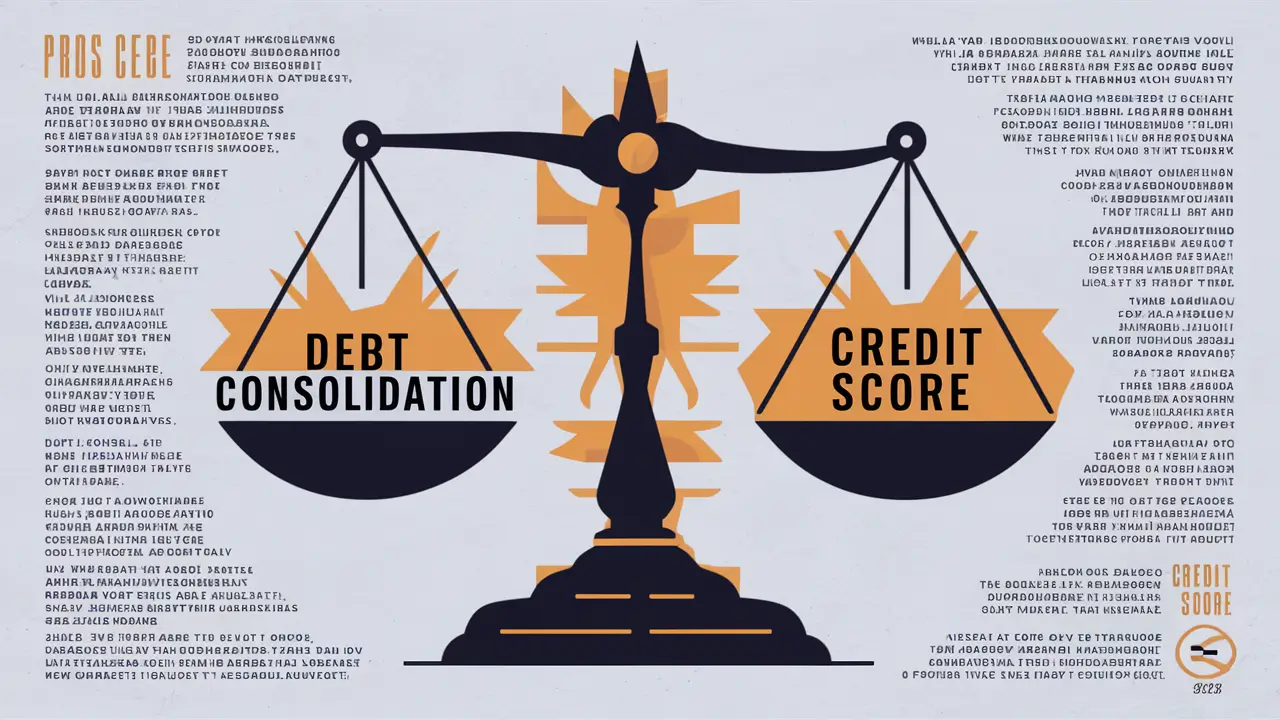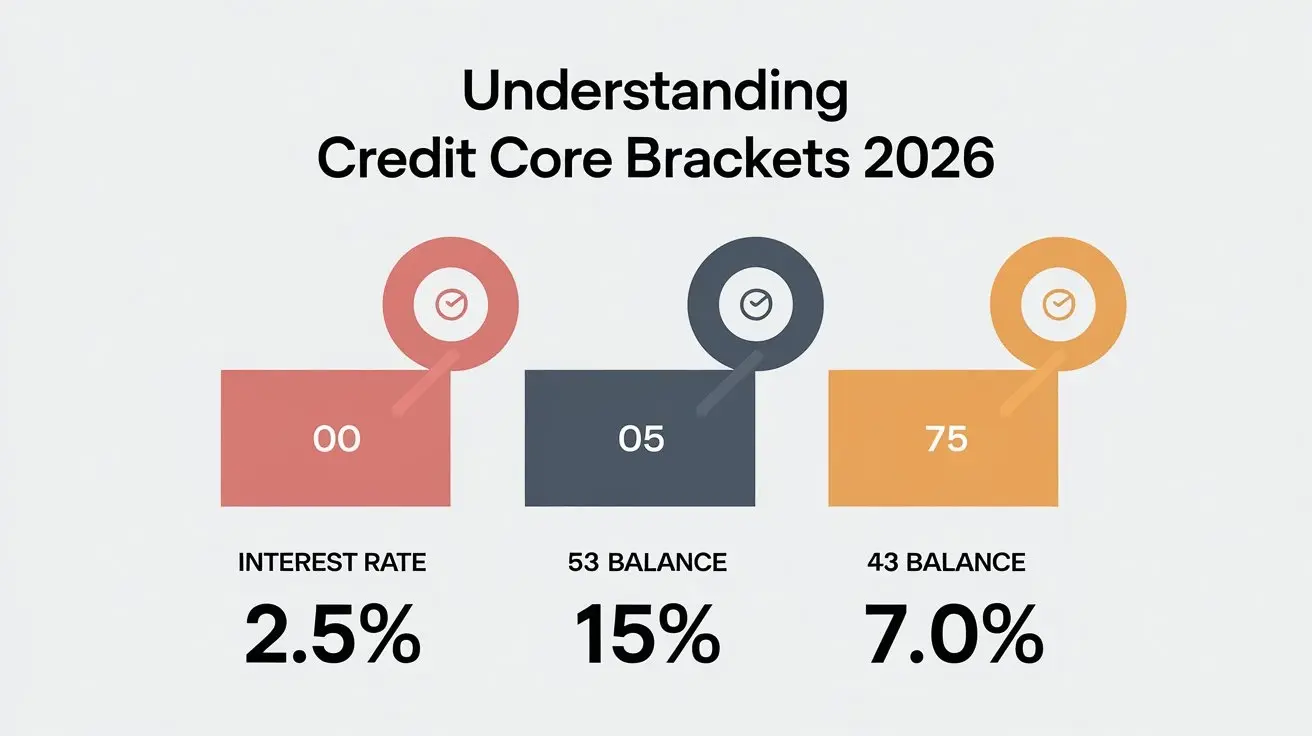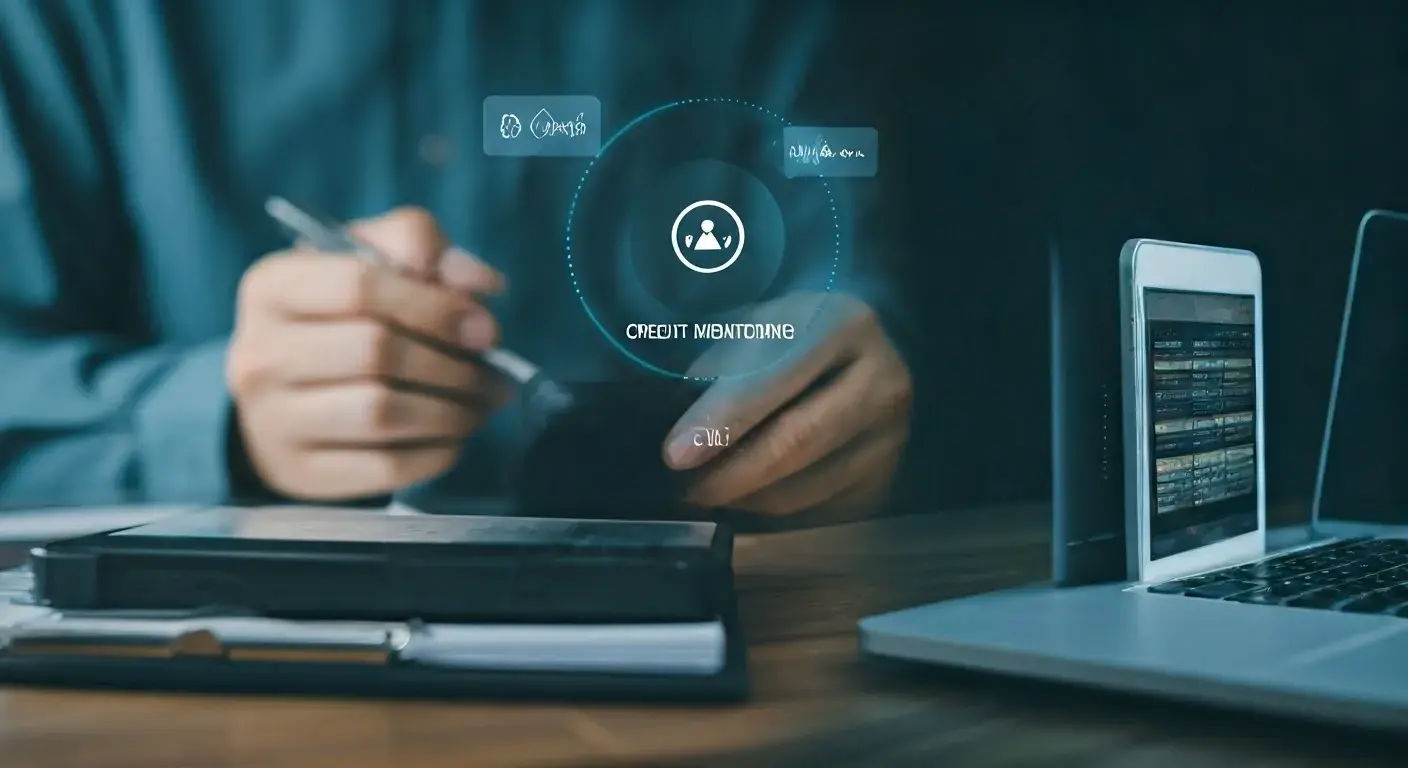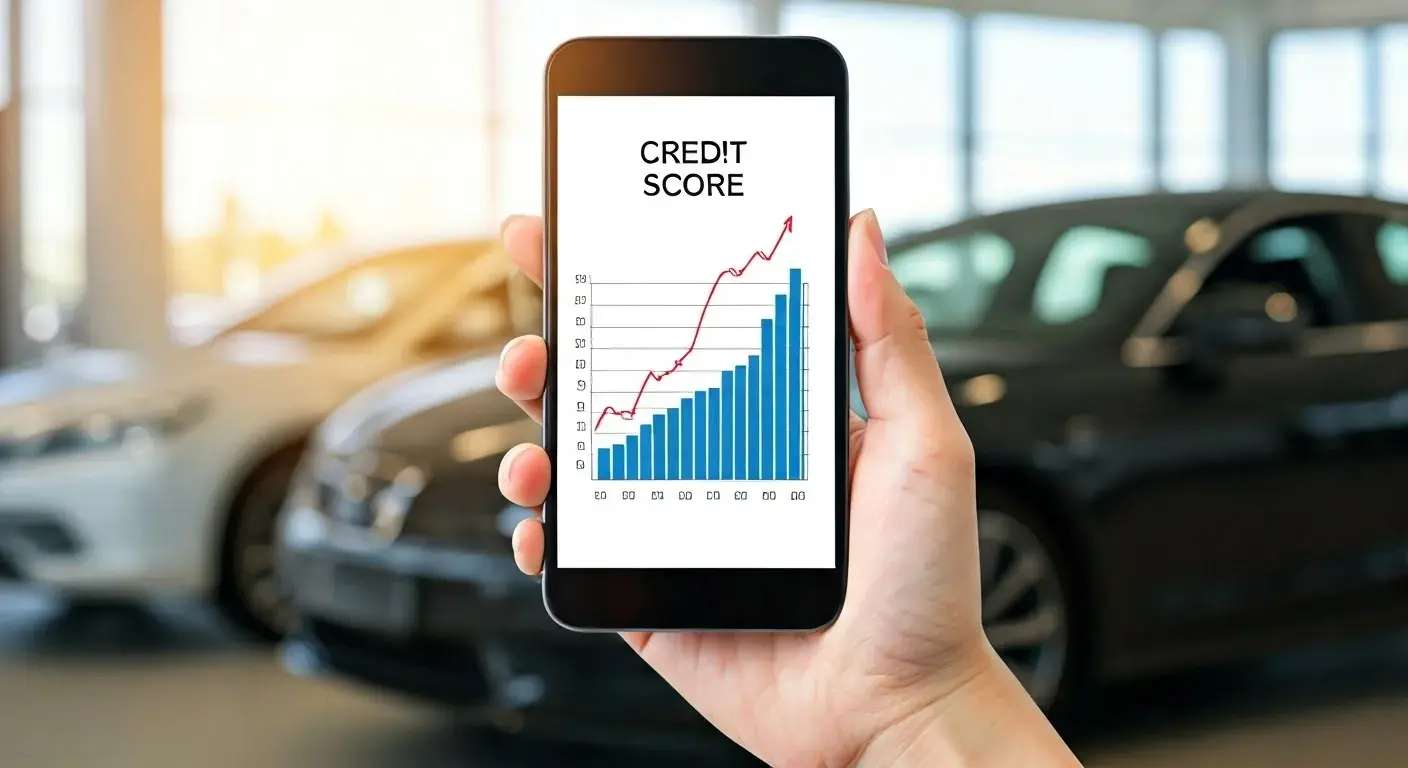
If you are struggling to make many monthly payments to several creditors and pay high interest rates on several debts, debt consolidation appears like a decent way out. Debt consolidation means qualifying for another loan and utilizing the money to pay off the past-due bills, therefore grouping all your payments in one month. Still, many people worry whether debt consolidation harms their credit.
Closing Notes on Notes You should shut them if you have been using credit cards or other accounts and pay off with a debt consolidation loan. There are many ways this may compromise your credit: Your credit might suffer in several different ways from this:
- It lowers your overall credit limit – The amount of credit available to credit card holders about the amount of credit that is used is also a factor in credit score. When you close your accounts, they reduce the total credit limit that is available to you which may affect the credit utilization ratio hence lowering the score.
- It reduces your average credit history duration - Credit utilization and credit history duration are two major determinants of your credit score. While closing your older accounts helps to improve your position in some aspects, it harms your credit score for the reason that you reduce the average age of activity.
Applying for New Credit Even for debt consolidation, applying for a debt consolidation loan can lead to a small, albeit short-term, dip in your credit standings. This is because each loan application is a Hard Inquiry pulling down your credit scores by a few points at least. But this impact is not very drastic and normally, your scores will be back to normal in a few months.
Impact on Payment History For the consolidation to be effective, one has to ensure that he or she pays at least the minimum balance required on all the existing accounts. When you have the consolidation loan, it should be used to pay for the debts immediately so that you will not be late for any of the payments. Failing to pay can prove disastrous to credit scores.
At the same time, unless you fail to make on-time payments towards your consolidated loan, this can also contribute to credit improvement by adding on-time payment records. Just make sure your new monthly payment falls realistically, into your budget plan or program that you have developed.
Making a Decision in Favor of or Against Your Credit
Debt consolidation has no major effect or might slightly negatively affect credit since it might involve closing accounts or applying for new credit. However, it can also be beneficial to your credit in the long run depending on how you manage your loan.
Some key pros and cons to consider: Some key pros and cons to consider:
Pros
- Reduces the management of debts to a level that one can easily pay for through one bill every month.
- May be eligible for lower interest rates and thus reduce the amount of money they spend
- Reduce or avoid the effects of late payments and the inefficiency of the existing cash flow.
- Produce new positive payment record because pay on new loan
- Cons
- In this case, closed accounts reduce the total available credit.
- This in a way helps cut the average age of credit history.
- This type causes small temporary declines in the score Several types of credit checks are recognized Hard inquiries
- If one defaults on payment, credit gets affected a lot.
Guidelines to Secure Your Credit via Consolidation
If you do decide debt consolidation is your best path forward, there are a few things you can do to minimize damage to your credit: If you do decide debt consolidation is your best path forward, there are a few things you can do to minimize damage to your credit:
- Do not shut very inactive credit card accounts close to possible – You may consider retaining at least 1-2 oldest credit cards active even if you no longer use them. This keeps your length of credit history as short as possible.
- Take new credit responsibly - You should only apply the credit with the specific lender for your loan, and this will only produce one hard inquiry. When one applies for multiple lenders it results in multiple inquiries which leads to a substantial loss in the scores.
- Pay your bills on time - If you still use credit cards that you have consolidated, do not carry high balances because this deters the positives of consolidating.
- Autopay – The easiest way to make payments is to use the bank autopay to make the monthly consolidation payment electronically. This way you are not stuck in a position of forgetting to pay the loan by the agreed time.
The Bottom Line
Credit experts perfectly agree with the fact that when this is done well, then consolidation tends to have at most a slightly negative effect, and at worst, no effect on the credit that is accorded to the borrower. It will not seriously harm your credit standing. The worst that you can do to your credit score is to default on other debts before or after engaging in consolidation.
In as much as debt consolidation switches your balance forward and reduces your ability to rebuild your credit gradually, it can be beneficial by organizing your finances and thereby enabling you to gradually make reliable payments over time and slowly pay off your remaining balance. Just make sure to consider all the advantages and disadvantages to determine what is ideal for your specific financial needs.
Call now for expert credit repair services: (888) 803-7889
Read More:
Is freedom credit repair legit?
Has anyone ever sued Freedom Debt Relief?
Can I fix my credit by paying off debt?




